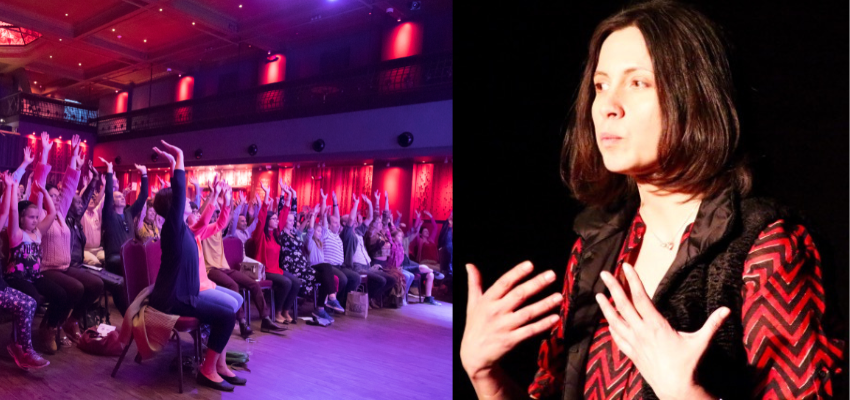Emanating passion, it is hard to ignore the exuberance of the Jersey City Theater Center matriarch, Olga Levina.
I had the pleasure of speaking with her for just under an hour and in that time, I became enamored with the ardor and dedication which Levina brings to her work. Admittedly, she brought me to tears a number of times as I listened to her speak of her purpose with an intensity beholden to very few. She is the quintessential arts advocate.
 Boasting a background in theater, acting and dance, Levina is the co-founder of the Jersey City Theater Center, a venture that she undertook with her partner, award-winning real estate developer, Ben LoPiccolo. Together, the duo founded the organization in 2006 with a mission to address and explore important and socially relevant topics through the performing and visual arts.
Boasting a background in theater, acting and dance, Levina is the co-founder of the Jersey City Theater Center, a venture that she undertook with her partner, award-winning real estate developer, Ben LoPiccolo. Together, the duo founded the organization in 2006 with a mission to address and explore important and socially relevant topics through the performing and visual arts.
“The way I see theater is, because I come from Ukraine and grew up in Belarus and because I have all these different cultures in me - I understand how important our democracy is. This is why I do all that I do, meeting after meeting. Not so my season looks amazing, and not to compete with other theaters. I’m doing it because I understand that my people in Ukraine are dying for democracy.”
Dying for democracy. Levina’s words shed light on a poignant and painful truth; people all over the world are quite literally dying for democracy. It is with this urgency that Levina approaches her theatrical career. To her, theater and art by extension are a salve to an injured populus. Self-reflection delivered not through a mirror but through a stage, a frame, a screen. This kind of reflection is critical to an evolving society. She views theater as an essential piece of global democracy and with that comes an inherent need to speak to a community
Her role in Jersey City is not only to entertain the masses but to broaden their worldview and to encourage local legislators to understand the importance of art in their communities. Jersey City is her home and she seeks to maintain it accordingly. As any good host knows, making your guests feel welcome and appreciated in your home is paramount to a successful event, and this is why she and her board curate a season with their homegrown demographic in mind. Catering to an audience in need requires authenticity and an ear to the ground; understanding what people are craving, what they are struggling with, what they are running from, and what they are fighting for. Listening to feedback from their artists and constituents, the JCTC board does its best to echo the desires of their neighbors.
Levina insists on the necessary collaboration between theaters and their politicians. Calling to mind our European counterparts, Levina expounds on this theory.
“In ancient Greece, governmental buildings were on one side, and theaters on the other side of the street. Much like Athens still today. [The National Theater of Greece sits near The Ministry of Culture and the Municipality of Athens, their City Hall, to this day]. Theaters played a great role because theater always represented the people and the people’s voice. And we [U.S. artists] forgot that. We forgot what our work should be and who we represent.
Theaters have always been a meeting place for people, and in successful democracies, it is where governmental officials and the people come together to watch the same excerpt from life. It allows officials to hear and see in real time how the people react to that story. Every time I think about my season, I can’t plan five years forward because I don’t know what’s going to happen. Everything changes in real time and we have to find ways to react to it. And working with our communities very closely is extremely important.”
The eloquence with which she declares her argument is to be admired. It is that very tenacity that has pushed the Jersey City Theater Center to survive for nearly two decades. She reiterates, “I believe the reason that our work is so difficult is because people have no idea what we stand for or why they even need theaters, and not only people [audiences] but even our professionals don’t know. They work off old habits ‘let’s just create a season and do it quickly. We know our audience.’ Especially in New Jersey, because the work is so hard and challenging being so close to New York that we concentrate on reproducing the same stuff without thinking very deeply about why we are doing what we are doing. And I believe that question ‘why’ is pivotal. This question has to be answered, not only for us but for the people we serve. We have to find ways to educate our communities on what it is that we are doing and why.”
In nearly twenty years of performance and advocacy, the Jersey City Theater Center has contributed enormously to the landscape of Jersey City. In the early aughts, the city had no suitable theater spaces to offer but thanks to Levina and LoPiccolo, the Center has provided White Eagle Hall and JCTC studios contributing a wide variety of performance and artistic offerings. While they are not the only game in town, rather Levina speaks very highly of her contemporaries, their lasting impression on the city they call home is evident.
This coming October alone is filled with a myriad of opportunities as the Center presents “Raices & Ritmos,” a Hispanic Heritage celebration and fundraiser, “The Beginning After the End of Humanity Circus” by internationally acclaimed Bread & Puppet Theater, and “Down 2nd Avenue” performed by Marcus Mabusela of South Africa. These are but a few of the diverse and valued offerings available courtesy of JCTC Studios on Newark Ave. For their full calendar and more about the history of the organization, please visit JCTCenter.org.









